Parties spent more than 77,000 euros on Facebook ads in August

Owing to the new Facebook’s advertising policy, these elections were the first we have been able to find out the data on the parties’ spending on Facebook ads. Using the official Facebook data, the Digital Forensic Center discovered that from August 4 to September 2, the Social Democratic Party spent the largest amount of money […]
Fake news and the elections: From unrest on the streets to Internet outage
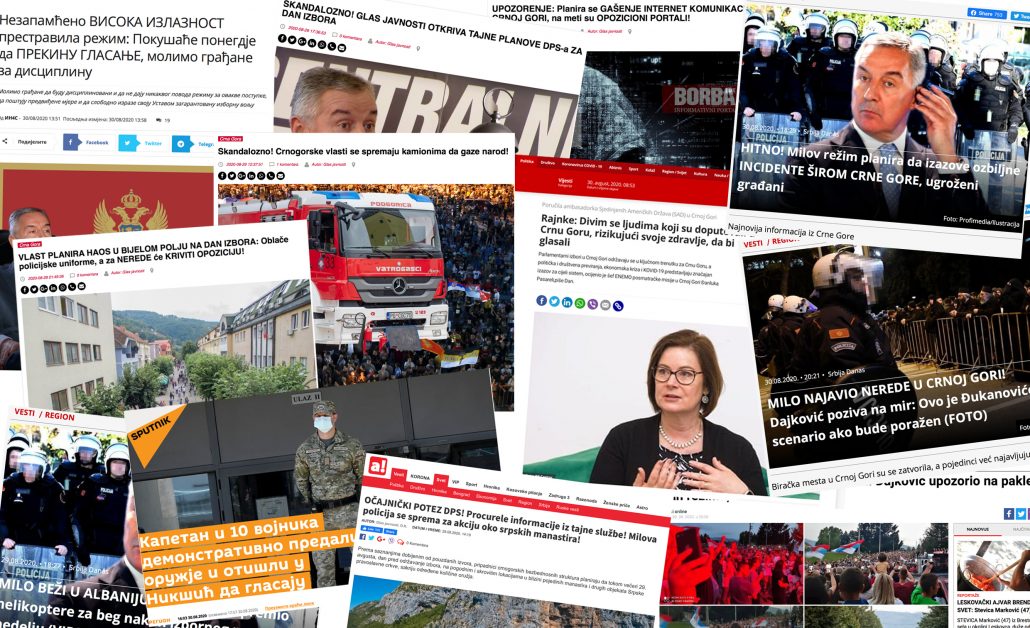
Election Day in Montenegro was marked by fake news and disinformation both in the media and on social media platforms. All the published projections did not realize in the end – from unrest on the streets in case, the ruling government was defeated to an Internet outage in the afternoon. When it comes to the […]
Udar – from anonymous disinformation to the conspiracy theories
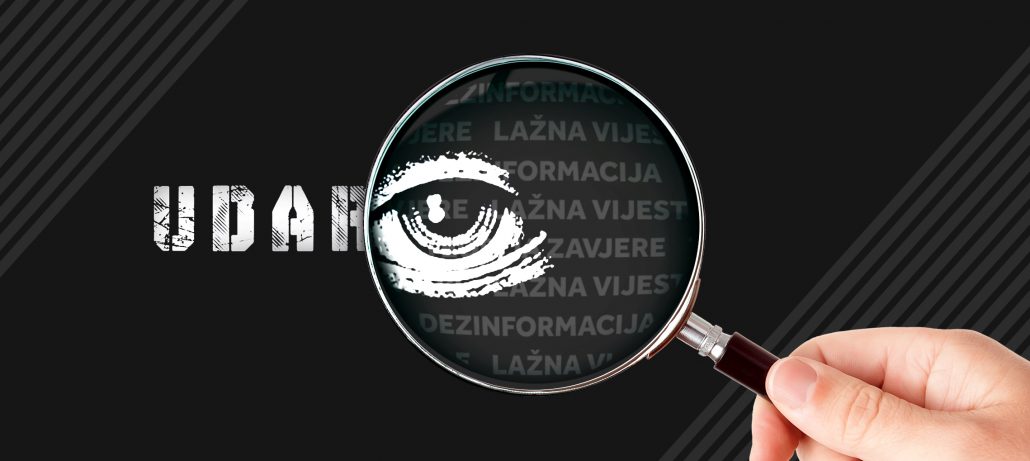
Since its appearing on the media scene, the Udar news portal has been publishing unverified information, almost always with reference to unknown sources, and one month after its first texts, it still does not have an Impressum, even though the Law is obliging it to do so. The Digital Forensic Center analyzed written and video […]
DFC monitoring: The majority of negative content about DPS, the positive about DF

During the first 15 days of August, the most read Montenegrin portals (six of them) published 627 articles mentioning the Democratic Party of Socialists (Demokratska partija socijalista). Out of them, 63.4 percent were negative, 19.9 percent were neutral while 16.7 percent were positive. In the same period, 284 articles mentioning the list For the future […]
Election campaign – fighting for the votes on Facebook
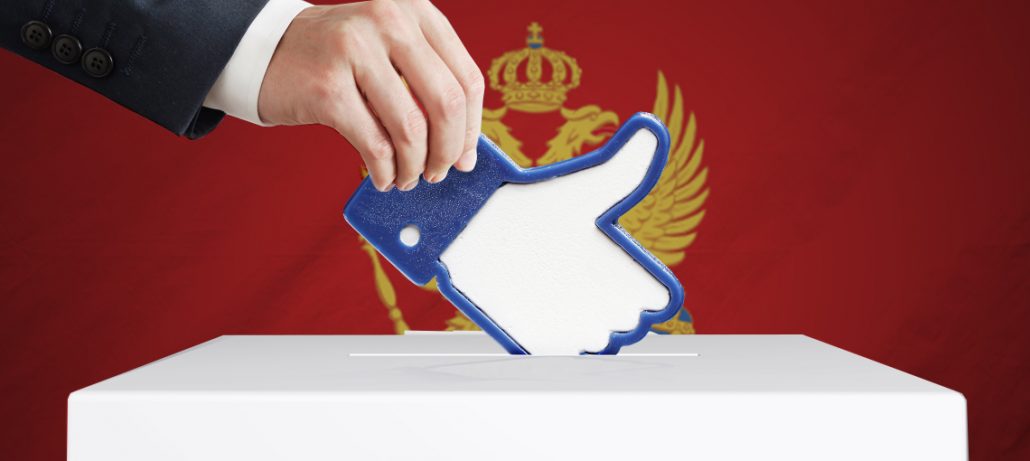
All around the world, social media have been actively used as the means of influence in the prominent events and political processes. However, Facebook is the most used when it comes to the election campaigns, thanks to its features and tools. It offers a feature to collect numerous data easily, which enables the targeting of […]
Negation of Montenegro – the narrative that dominates
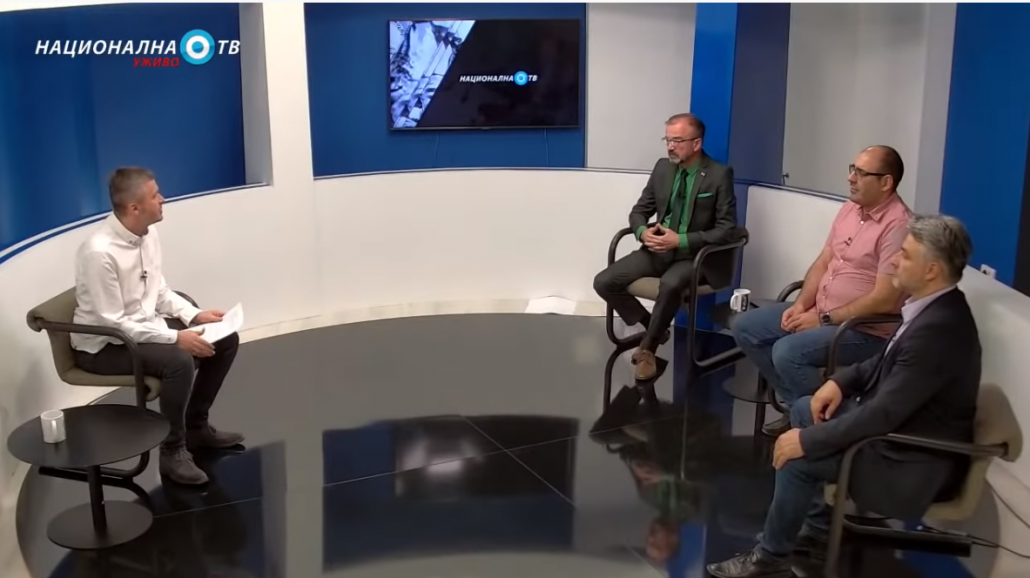
Negation of Montenegro – the narrative that dominates and by that could be heard in the IN4Smisija (IN4Smission) TV show of a newly founded the IN4S National television on July 14, was also rich with debatable statements. Besides the general attitude that Serbs have been endangered all across the Western Balkan region, the TV show […]
The overseas lobbying for the Serbian interests in MNE
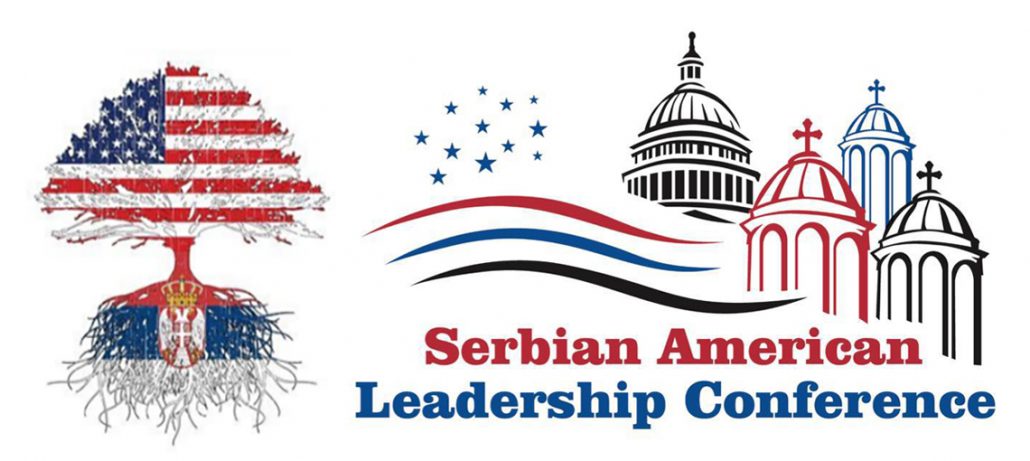
In the context of the current events in Montenegro, the emergence of numerous organizations advocating for the Serbian interests and rights in Serbia and over the world is noticeable The Serbian- American Leadership Conference (SALC) was particularly noticeable due to its activities and rhetoric on social media (Facebook and Twitter), offering selective facts and thus […]
The objectiveness of the IFIMES’ analyses in question

The Digital Forensic Center did a detailed analysis of the pieces of research of the International Institute for Middle-East and Balkan studies (IFIMES), due to discovered inconsistencies in claims, biased coverage of specific topics and changing attitude towards the events and players in a short period. In their last research 2020 Bosnia and Herzegovina-Montenegro: Dodik […]
The DFC discovers: Montenegro under attack of the bots from Serbia
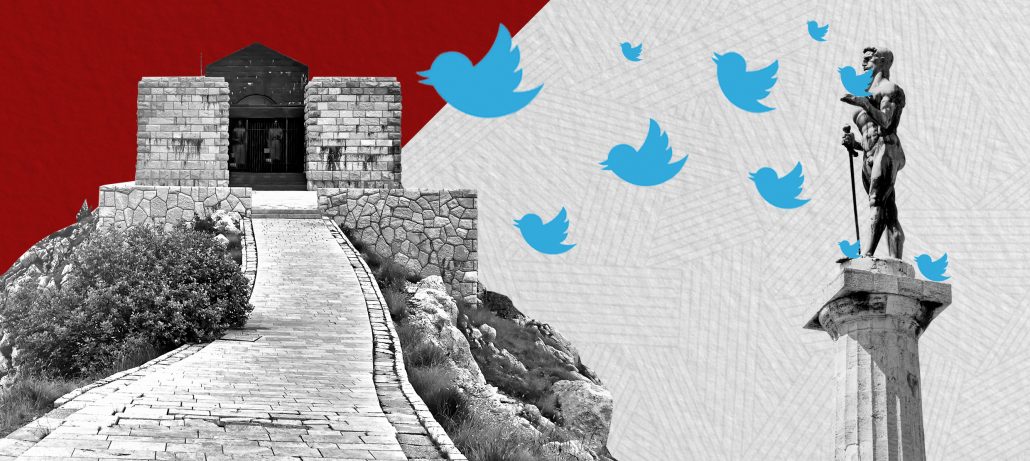
After a recent debunking of the bot network connected with the ruling party in Serbia which was promoting the Chinese aid in that country during coronavirus pandemic, the Digital Forensic Center discovered a new network of accounts from Serbia whose main target is Montenegro. Through Twitter monitoring, we have noticed numerous posts containing the keyword […]
Public opinion survey – Media literacy, coronavirus and the citizens of Montenegro
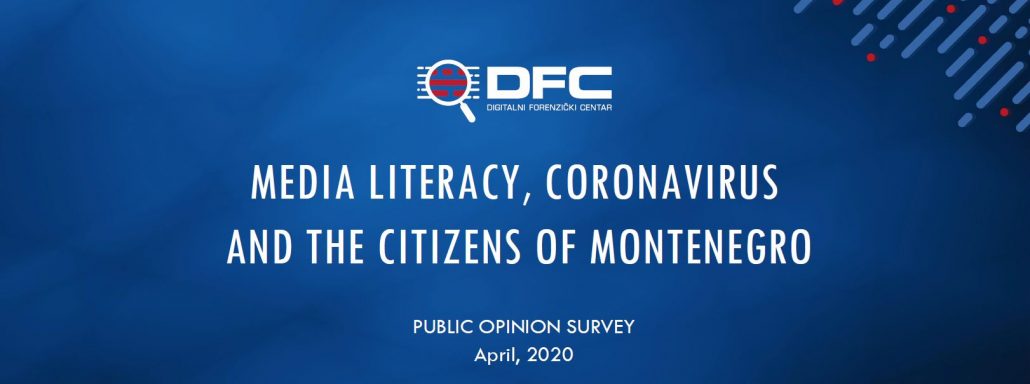
About the research In order to estimate the attitudes and opinions of the citizens of Montenegro when it comes to their critical view on media content available on a daily basis, the Digital Forensic Center conducted quantitative field research of the public opinion. The research was conducted on a representative sample of 1,054 adult citizens. […]
